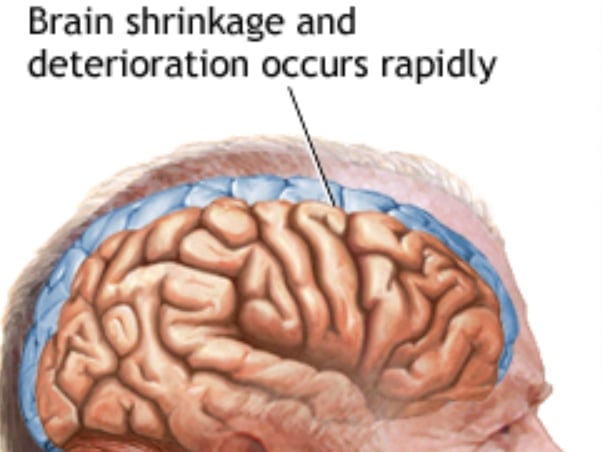
Urine Samples Can Screen Against vCJD Dementia
Mad Cow Disease spreads vCJD dementia. In this key study, a non-invasive urine sample test picked it up. Find out how this may stop vCJD in its tracks.

Mad Cow Disease spreads vCJD dementia. In this key study, a non-invasive urine sample test picked it up. Find out how this may stop vCJD in its tracks.
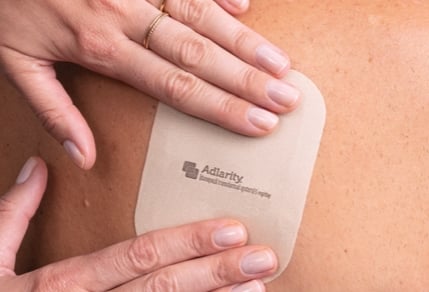
FDA-approved ADLARITY is the once-weekly donepezil patch. See how it compares to donepezil / Aricept / Ebixa tablets for Alzheimer’s.
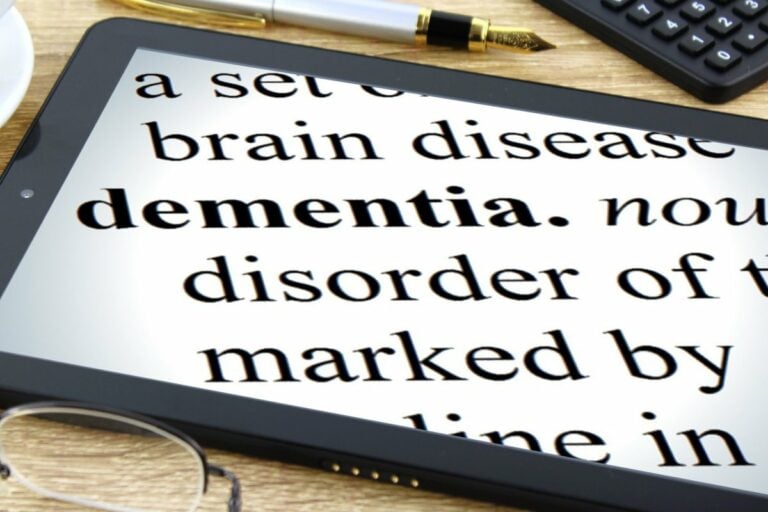
MISDIAGNOSIS? Lewy Body Dementia (LBD) is often mistaken for Alzheimer’s or Parkinson’s. People typically go through 18 months and 3 doctors to get a correct diagnosis. Learn what to do about it.

Strokes are a leading cause of Vascular Dementia. Just how much does eating a more plant-based diet lower the risk of having a stroke?
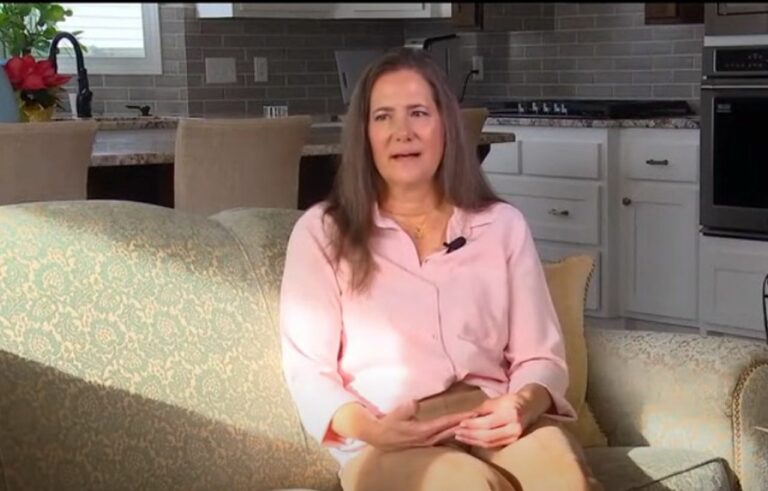
Two wives caring for their husbands with dementia generously share their experiences and offer caregiving tips to those find themselves in a similar position with a loved one.

Mayo Clinic professionals discuss the essentials of Alzheimer’s in this information-packed video.
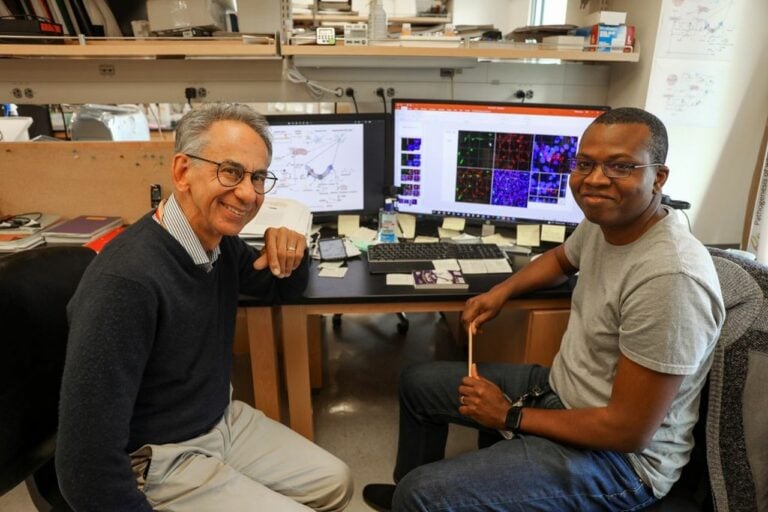
Scientists at Oregon’s only public academic health center (OHSU) have discovered a new avenue of cell death in Alzheimer’s disease and vascular dementia.
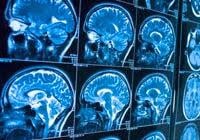
Vascular dementia is one of the 3 leading causes of dementia. When it appears together with Alzheimer’s, as it often does, it is called “Mixed dementia”. Learn what causes it and how to identify different types.

What’s it like having early-onset dementia? Find out today from Jason, who shares his answers with viewers who have asked about his experiences and those of his wife Leslie.
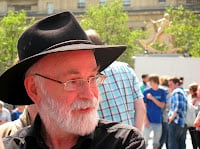
Posterior Cortical Atrophy, or PCA, is a specific form of Alzheimer’s that affects the back of the brain.
Author Terry Pratchett was diagnosed with it.

SHORT-TERM MEMORY lapses are obvious signs of Alzheimer’s, but other tell-tale signals begin to show much earlier. Learn how to look for semantic impairments, such as simple questions about size.

Discover compassionate, practical and proven strategies to navigate dementia care confidently, ensuring the well-being of both you and your loved one.

How can military service impact brain health? What are specific risk factors? Are there vital steps soldiers can take towards dementia prevention and treatment?

SHORT-TERM MEMORY lapses are obvious signs of Alzheimer’s, but other tell-tale signals begin to show much earlier. Learn how to look for semantic impairments, such as simple questions about size.

Three important dementia studies focus on HS-AGING, a type of dementia almost as common as Alzheimer’s in the 85+ group. Yet few people have heard of it. Why? What makes it different?

An intriguing study of 120 grandmothers might surprise you. Doctors know socially engaged people have better cognition and less dementia. But can a person get too much of a good thing? What’s the right balance?

Enjoy this great duet between a musician with dementia and his son. A triumph of spirit over Alzheimer’s! Sing-a-long if you like!
No spam, only news and updates.


